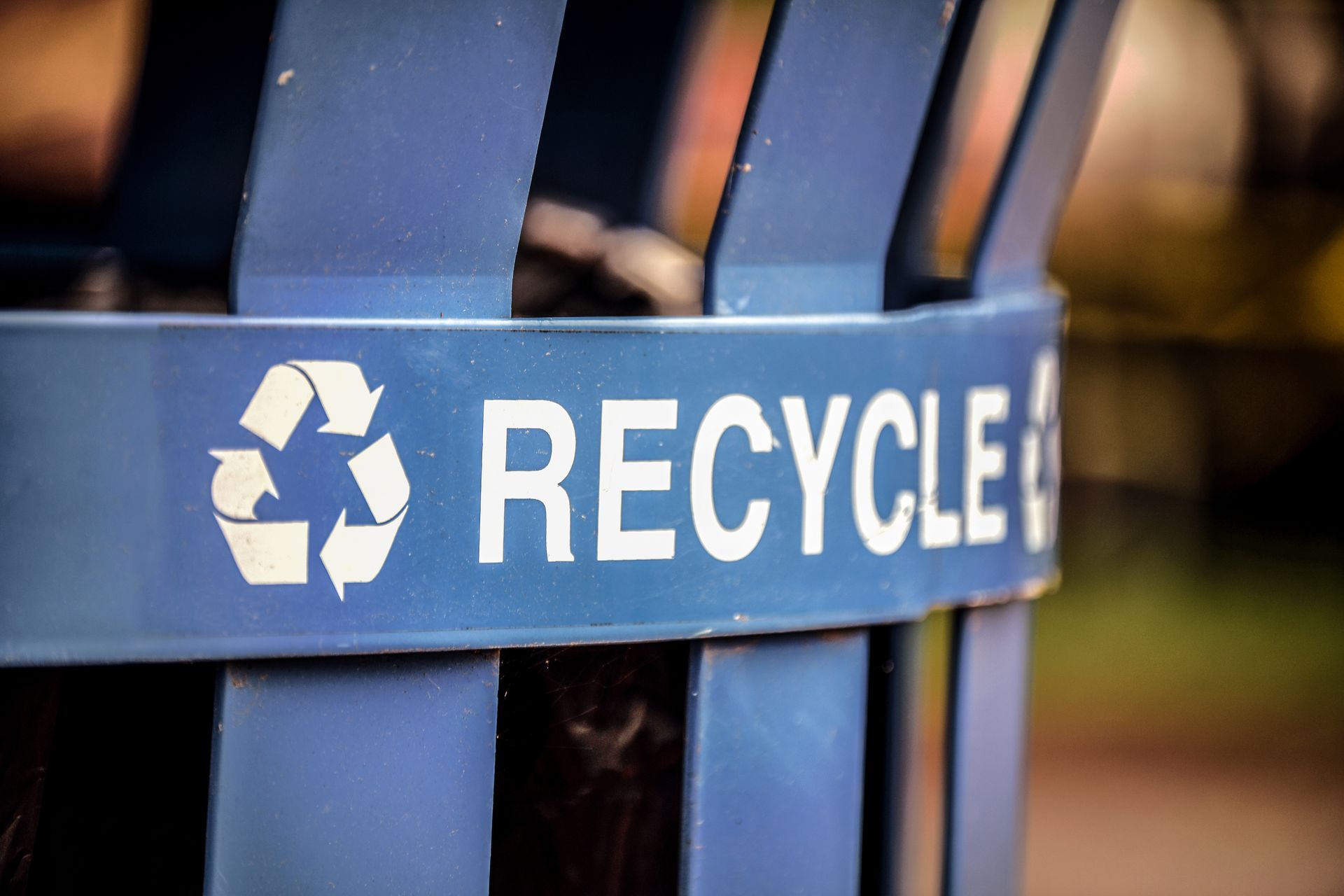Tackling Food Waste in the U.S.: Challenges, Opportunities, and Impacts
Food waste is a global concern and on the rise with considerable environmental and economic consequences, including for North America. Reports from ReFED and the EPA show that food waste in the U.S. has increased since 2016, hitting a concerning average of 548 pounds of extra food per person. It is okay to breathe a (temporary) sigh of relief as recent data from ReFED indicates efforts to reduce food waste started to have an impact in 2019, suggesting food waste may have peaked.
The current food waste situation in the United States is filled with challenges, but it also presents opportunities to lessen waste and its effects on the environment and economy. Organizations like ReFED are at the forefront, emphasizing the importance of data and tracking to unlock insights that can drive real solutions for tackling food waste.
ReFED's Goals and the EPA's New Definition of Food Waste
As a national nonprofit,
ReFED aims to reduce U.S. food waste by 50% by 2030 through data-driven solutions, aligning with the United Nations' sustainable development goals.
The
EPA shares this commitment and has recently revised its food waste definition to match international standards.
The Current Food Waste Landscape and Its Impacts
Now, hold on to your hats as the data paints a stark picture of the current food waste landscape.
- According to ReFED:
Approximately 38% of all food produced or imported in the U.S. ends up as waste annually. This translates to 149 billion uneaten meals yearly, valued at $444 billion (roughly 2% of GDP).
- According to UNEP:
Food waste is more than just a social and ethical issue; it's a significant environmental and economic problem. An estimated 8-10% of global greenhouse gas emissions are connected to unconsumed food.
- According to the WEF:
Food waste carries a massive economic burden for producers and consumers, amounting to a global cost of $936 billion annually.
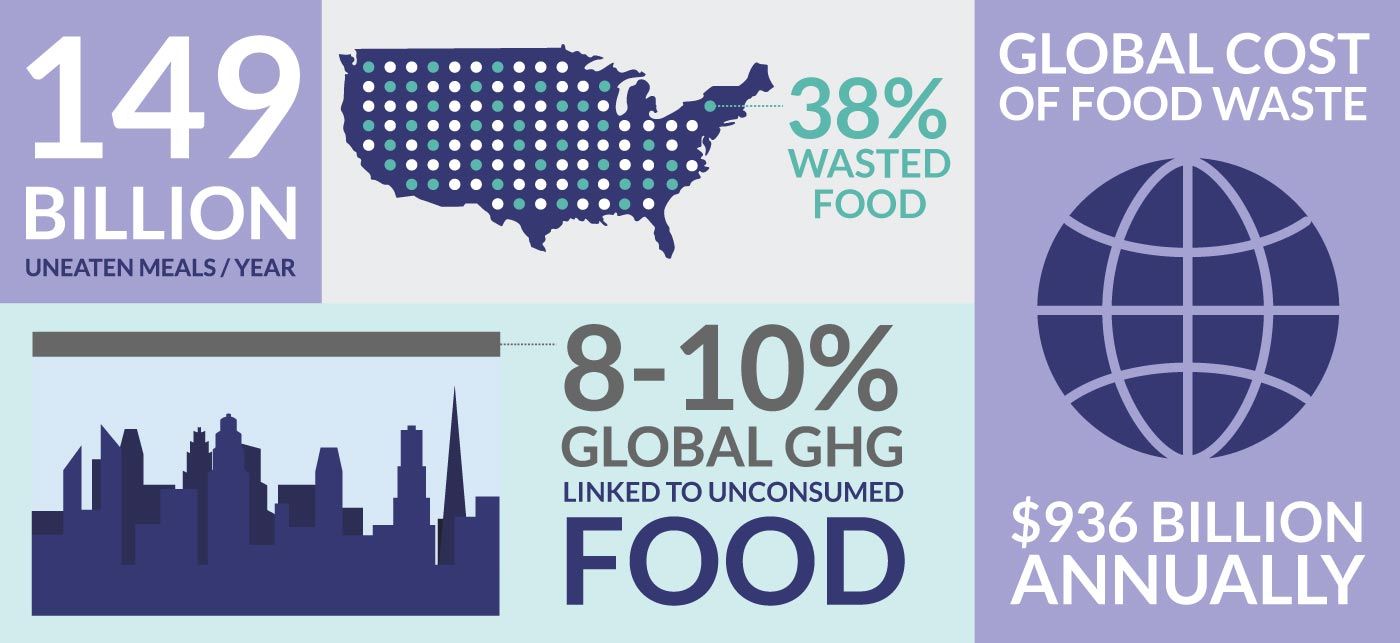
While the numbers are staggering, shocking even, having this data is actually a good thing, especially when we remember the adage, we cannot improve what we cannot measure.
To tackle the complex food waste problem effectively, it's crucial to continue harnessing data to
track downstream waste management. Data collected to date is being used to unlock valuable insights, allowing organizations to take informed, targeted actions to reduce waste, conserve resources, and mitigate climate change.
Reducing Food Waste: Challenges and Opportunities

A. Legislation and Regulations
One of the challenges in reducing food waste is the need for consistent and comprehensive legislation and regulations at various levels of government. These inconsistencies can create confusion and disincentives for food businesses and consumers to reduce food waste.
Opportunities for policy interventions include standardizing date labels, expanding liability protection and tax incentives for food donation, implementing organic waste bans and recycling mandates, and supporting innovation funding and financing.
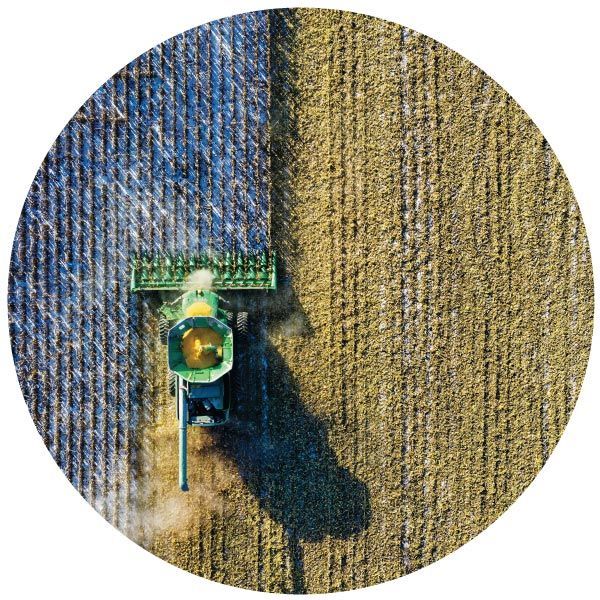
B. Technological Advancements
Another challenge is the need for digital transformation and technological advancements to support developing and adopting innovative solutions. There's a gap between the availability and accessibility of technologies that can help measure, monitor, prevent, or recover food waste across the supply chain.
Opportunities for increasing funding and technological advancements include establishing funds to provide grants to innovative organizations working to reduce consumer food waste. A unified data capture system can help create directories of solution providers that offer products or services capable of reducing food waste at various supply chain stages, streamlining efforts to achieve shared objectives.
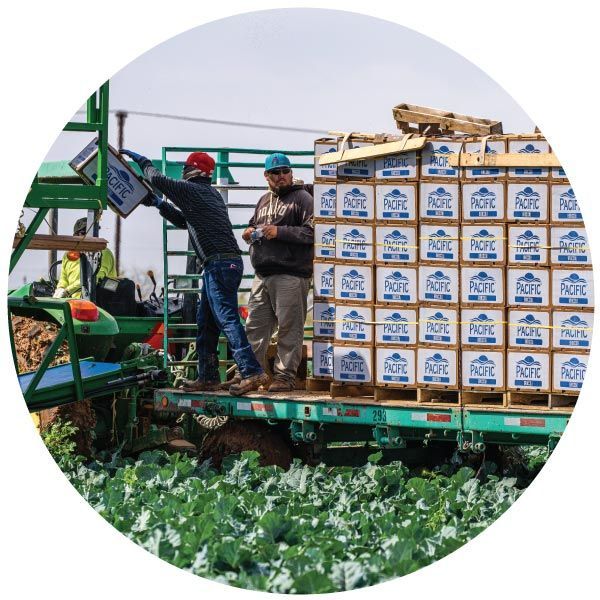
C. Collaborations among Stakeholders
A third challenge is the need for greater collaboration among stakeholders that can enable systemic change. Food waste is a complex problem that affects every sector and segment of the food system, and no single actor can solve it alone.
Opportunities for collaboration among stakeholders can be fostered through increased granularity in food production, waste disposal, and diversion data. By sharing this information, diverse stakeholders across the food system can come together to identify best practices, develop innovative solutions, and collaborate on initiatives to reduce food waste effectively.

D. Education and awareness:
Lack of awareness and education around the issue of food waste is another significant contributor to the problem. Many people do not realize the scale of the issue or the impact that food waste has on the environment, economy, and society. Pre-conceptions about food storage, best-by-label dates and even aesthetic standards for food create a spiral effect on food waste in North American households.
By improving education and awareness, organizations can help consumers reduce their food waste and contribute to sustainability within the food system. The first step is ensuring people have a clear picture of the current situation and what they can do to limit their footprint.
Building a Resilient and Inclusive Food System
Addressing food waste is crucial for creating a resilient and inclusive food system that can withstand shocks and stresses like pandemics, natural disasters, and climate change. Reducing food waste can improve food security, nutrition, and health for millions of Americans facing hunger and malnutrition. Furthermore, promoting social justice and equity in the food system requires engaging diverse stakeholders and addressing the root causes of food waste, such as poverty, discrimination, and power imbalances.
Tackling food waste in North America (and globally) necessitates overcoming challenges such as legislation, funding, technological advancements, and collaboration. By harnessing technology, data, and monitoring, we can drive strategies for prevention, rescue, recycling, and enabling, ultimately making significant progress toward cutting food waste by 50% by 2030. In doing so, we will save valuable resources and mitigate climate change and create a more equitable and inclusive food system that leaves no one behind. The fight against food waste demands collective action, and the time for change is now.
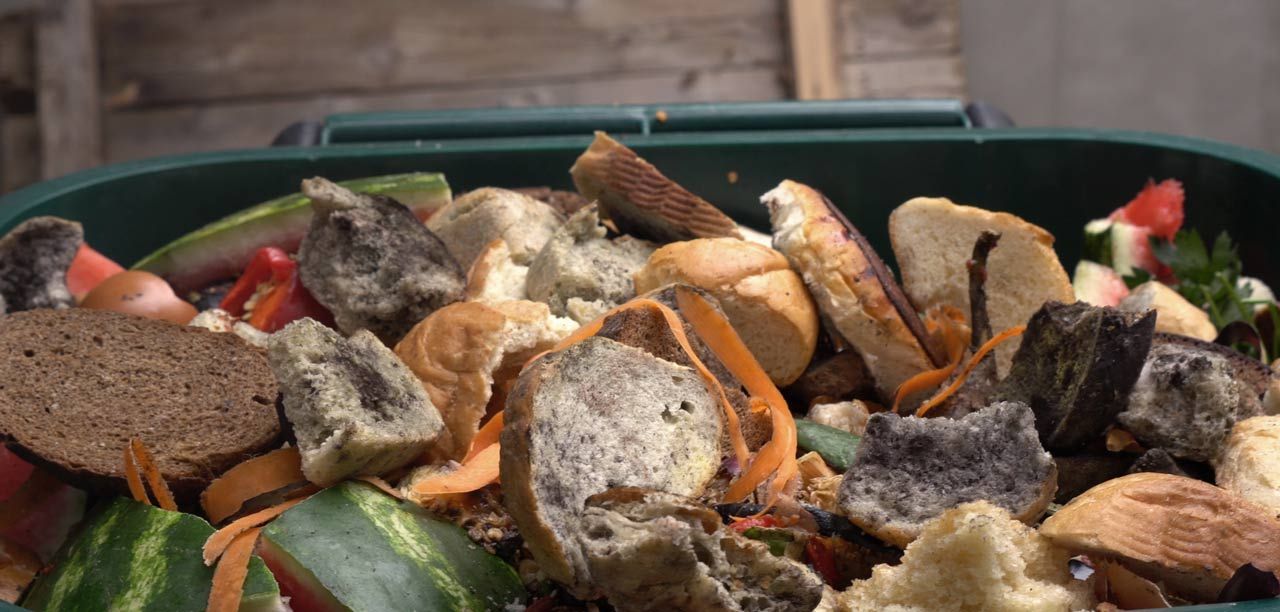
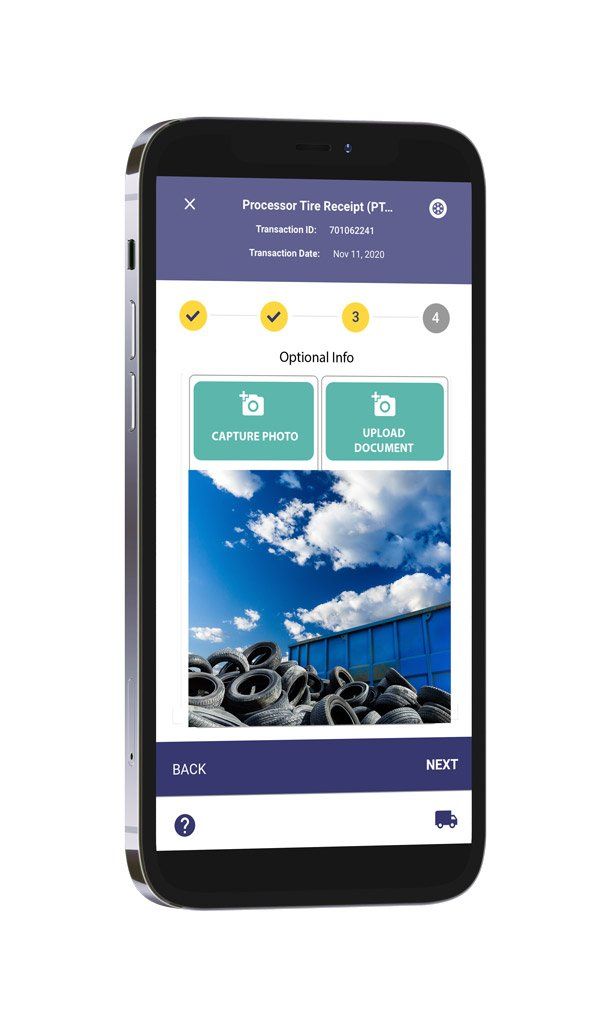
About Diversys
Diversys is proud to have its roots in Ontario, Canada - a province widely recognized for its leadership in EPR and sustainability. Since 2019, we've been dedicated to creating innovative software solutions that drive progress toward a world without waste.
Our story is a testament to the power of hard work, customer loyalty, and big ideas. We are committed to empowering organizations with the waste recycling software solutions necessary for achieving a sustainable future. Our cutting-edge software platform is helping organizations achieve their ESG goals, meet reporting obligations, and improve operational efficiency for their recycling programs.
Our commitment to delivering world-class solutions that drive meaningful progress towards waste reduction and a more sustainable future is unwavering. Our team of industry experts is ready to help you navigate the rapidly-evolving waste management landscape as we progress toward a circular economy.


